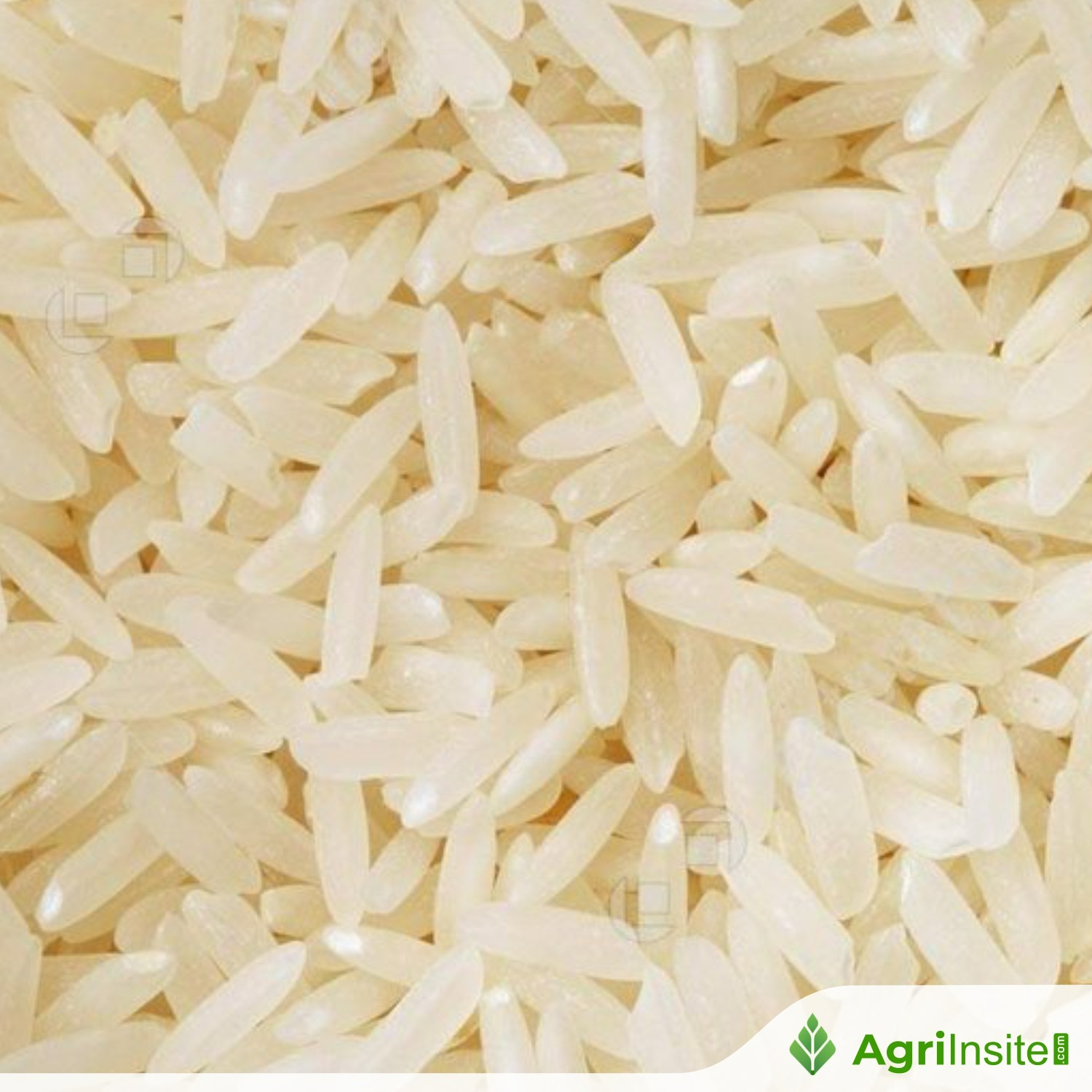Indonesia : CORE recommends tech-based tracing system to end rice adulteration

indonesian economist eliza mardian has urged the adoption of a tech-based tracing system to curb adulterated rice distribution. she stressed better inter-agency coordination, firm penalties for offenders, certification for premium rice producers, and direct government distribution under the sphp program. removing price ceilings for premium rice was also recommended.
Jakarta (ANTARA) – Researcher at Center of Reform on Economics (CORE) Indonesia, Eliza Mardian, recommended the use of a technology-based tracing system to eliminate the distribution of adulterated rice.
“A technology-based rice tracing system can be developed to monitor the supply chain from farmers to consumers, ensure transparency and prevent manipulation, as well as streamline supervision,” she said when contacted here on Sunday.
In this regard, she underlined the need to strengthen supervision. Thus, it is deemed essential for the Coordinating Ministry for Food to carry out coordination with other ministries and agencies to address the distribution of adulterated rice.
Apart from that, she also underlined the need for firm sanctions to create a deterrent effect, such as the revocation of business permits, for distributors found guilty.
Furthermore, she recommended creating strict regulations regarding the quality standardization of premium rice, including routine testing of moisture content.
In addition, it is also deemed essential to require premium rice producers to get certification, which could involve an assurance service to ensure rice quality and ensure premium rice consumers are not disadvantaged.
Mardian suggested that the government remove the rice retail ceiling price for premium quality rice because of the presence of higher-income groups who are not bothered by an increase in prices.
According to her, eliminating the distinction between premium and medium-quality rice is not a solution because consumer segmentation must still exist so the government can intervene to protect lower-middle-class consumers.
Lastly, she recommended that the distribution of rice under the Food Supply and Price Stabilization (SPHP) program be carried out by the government directly to the beneficiaries, not through distributors.
To Read more about Rice News continue reading Agriinsite.com
Source : Antara News














